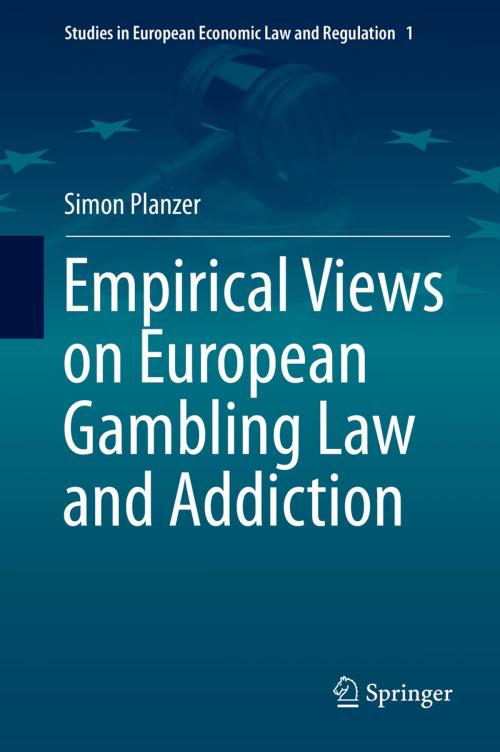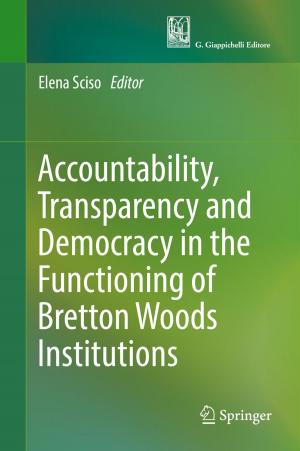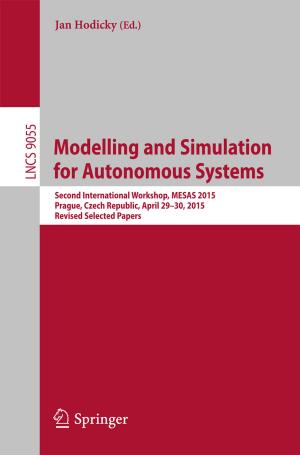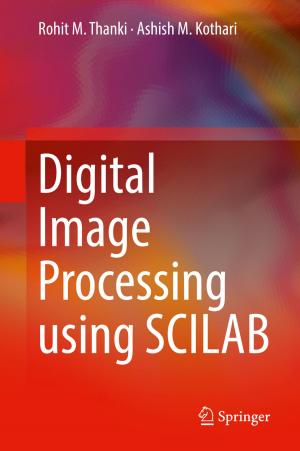Empirical Views on European Gambling Law and Addiction
Nonfiction, Reference & Language, Law, International, Health & Well Being, Psychology, Applied Psychology| Author: | Simon Planzer | ISBN: | 9783319023069 |
| Publisher: | Springer International Publishing | Publication: | February 19, 2014 |
| Imprint: | Springer | Language: | English |
| Author: | Simon Planzer |
| ISBN: | 9783319023069 |
| Publisher: | Springer International Publishing |
| Publication: | February 19, 2014 |
| Imprint: | Springer |
| Language: | English |
This book analyses the voluminous and meandering case law on gambling of the Court of Justice from an empirical perspective. It offers a comprehensive overview of the legal situation of gambling services in the EU Single Market. Additionally, the book presents the current state of research on gambling addiction. It then seeks to answer the central research question as to what extent the views of the Court of Justice on gambling find support in empirical evidence.
The Court of Justice granted exceptionally wide discretion to the Member States due to a so-called ‘peculiar nature’ of games of chance. With the margin of appreciation having played a key role, the book inquires whether the Court of Justice followed the principles and criteria that normally steer the use of this doctrine. Noting the Court’s special approach, the book elaborates on its causes and consequences. Throughout the book, the approach of the Court of Justice is contrasted with that of its sister court, the EFTA Court. Finally, the potential role of the precautionary principle and of EU fundamental rights in the area of gambling law is examined.
Situated at the intersection of law and science, this book seeks to bridge the legal and scientific perspectives and the unique vocabularies common to each. It illustrates the direct relevance of science and empirical research for court cases and policy making. And it contrasts science-informed policy making with the on-going morality discourse on gambling.
This book analyses the voluminous and meandering case law on gambling of the Court of Justice from an empirical perspective. It offers a comprehensive overview of the legal situation of gambling services in the EU Single Market. Additionally, the book presents the current state of research on gambling addiction. It then seeks to answer the central research question as to what extent the views of the Court of Justice on gambling find support in empirical evidence.
The Court of Justice granted exceptionally wide discretion to the Member States due to a so-called ‘peculiar nature’ of games of chance. With the margin of appreciation having played a key role, the book inquires whether the Court of Justice followed the principles and criteria that normally steer the use of this doctrine. Noting the Court’s special approach, the book elaborates on its causes and consequences. Throughout the book, the approach of the Court of Justice is contrasted with that of its sister court, the EFTA Court. Finally, the potential role of the precautionary principle and of EU fundamental rights in the area of gambling law is examined.
Situated at the intersection of law and science, this book seeks to bridge the legal and scientific perspectives and the unique vocabularies common to each. It illustrates the direct relevance of science and empirical research for court cases and policy making. And it contrasts science-informed policy making with the on-going morality discourse on gambling.















